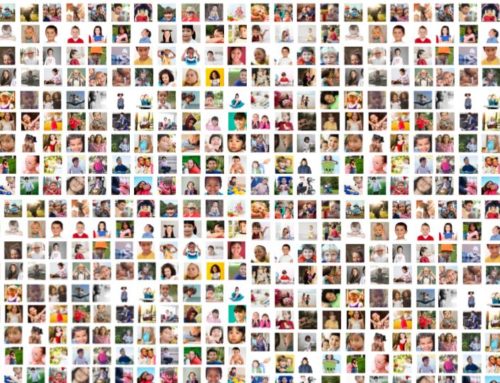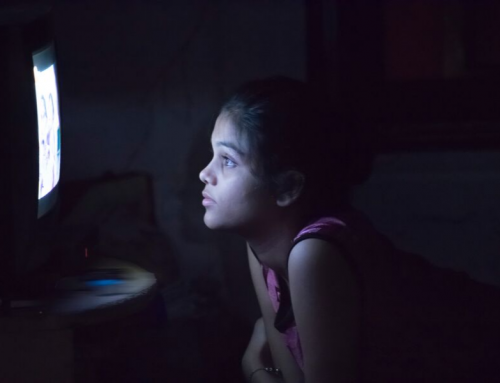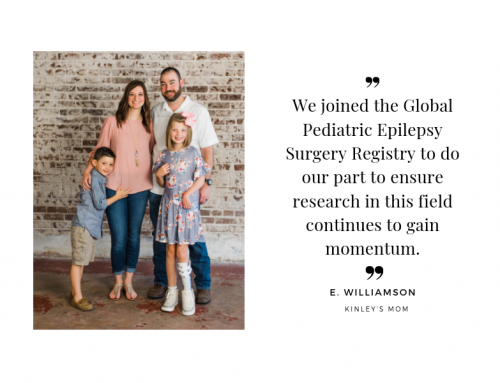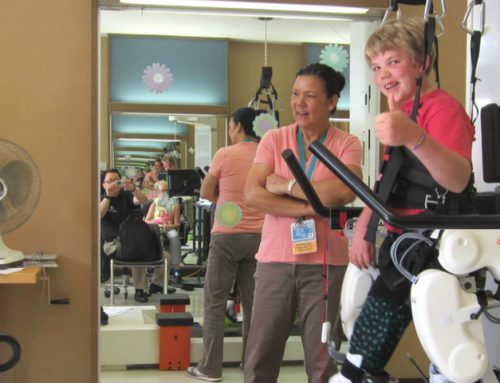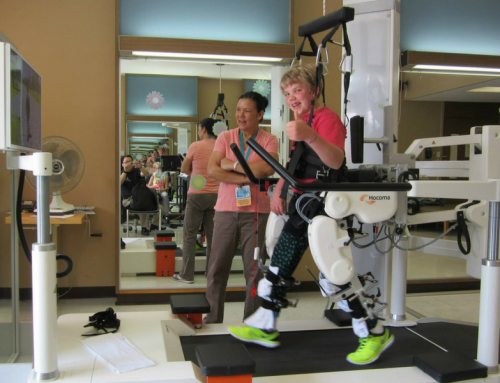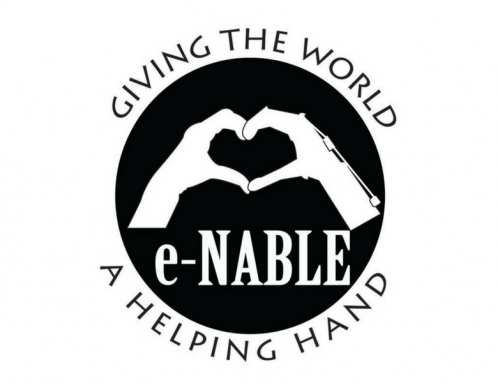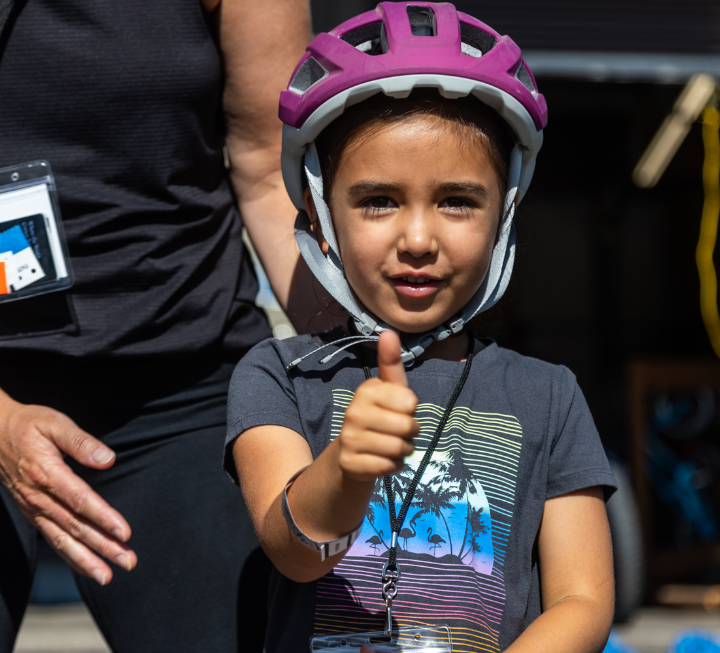Participating in research is a powerful way to help our community understand epilepsy surgery and its effects. We have three research studies for parents, children, and adults in our community. Please consider participating!
If you completed the Behrmann Lab’s study at our family conference in Cleveland in 2019, or online since then, you are eligible to enroll in this study. This research study is new!
Help researchers understand visual processing after large epilepsy surgeries
Our community continues to inspire research at the Behrmann lab at Carnegie Mellon University. Dr. Marlene Behrmann and her colleagues want to understand visual processing in the preserved hemisphere after large cortical resections. This research is a small but important step that we hope will advance our understanding of the recovery from brain surgery to one day help and benefit future patients.
Testing for this study will be conducted remotely on Zoom.
Who can participate?
Children at least age 4 years of age as well as adults. Participants must have had a hemispherectomy, hemispherotomy, posterior quadrantic resection/disconnection (also known as temporo-parietal-occipital resection/disconnection) or other procedures where an occipital lobe is removed or disconnected in its entirety.
Participants must be able to participate remotely using a computer, have sufficient attention span to complete the study, can identify letters, and can communicate verbally or through an assistive communication device.
What does the study entail?
After the participant (or parent for minors) consents to the study, a Zoom call will be scheduled. Researchers will guide the participant through the study. On each trial, images will come up on the computer screen (for example, two faces or two words), and the participant will compare image identities and respond on the keyboard.
The session can be completed in about one hour or can be split up into two separate sessions if necessary.
Will I be paid for my time?
Yes. Payment is $25 per hour.
Will I learn the results of the research?
Yes. We send a newsletter to participants and their families summarizing the findings in aggregate, once our work has been published. We explain in this newsletter what new findings we have learned about the brain, and importantly, what contribution we hope this research makes in the long-term mission of better understanding pediatric neurosurgery to help future patients.
Will my or my child’s identity be kept private?
Yes. As always, the identity of the participant will be kept confidential.
These experiments are new – if the participant completed the Behrmann Lab’s study at our family conference in Cleveland in 2019, or online since then, the participant is still eligible to enroll in this study.
To participate in the study, email Michael Granovetter at granovetter@cmu.edu.
This study is funded by the National Institutes of Health and the protocol is approved by the Carnegie Mellon University Institutional Review Board.
Are you an adult who had hemispherectomy surgery in childhood?
This study at the Travis Research Institute at Fuller Theological Seminary is to understand how childhood hemispherectomy impacts cognitive, social functioning, and memory in adulthood. Participants take a variety of online tests and puzzles, and complete questionnaires about personal preferences and activities. This testing will be conducted in several sessions via Zoom/virtual video call. The exact amount of testing time varies from person to person.
If you are interested in participating in this study, please contact Katie Mukai at katiemukai@fuller.edu.
- Does your child have an RNS, VNS, or DBS device implanted to treat drug-resistant epilepsy?
- Are you considering these devices for your child as a treatment after failing anti-epileptic medication?
- Or has your child had unsuccessful epilepsy surgery, and now you’re considering a device?
Only one prior study have investigated parental decision-making around neurotechnologies. Here’s what that small study found:

Take the survey.
One prior research study has investigated parental decision-making around neurotechnologies.
To read the full invitation, go to:
Caregiver Decision-Making Study Invitation (English)




